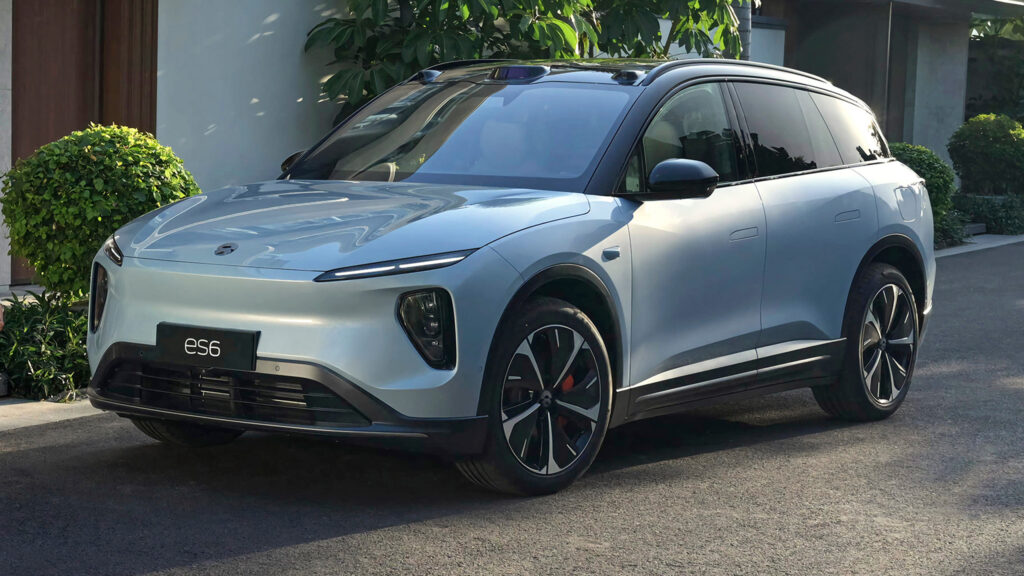- German automakers are experiencing a sharp decline in China after years of dominance, with market share shrinking fast.
- In Q3, VW, Porsche, BMW, and Mercedes saw significant sales drops in China, losing ground to local competitors.
- Chinese buyers are increasingly turning their back on famous Western brands’ EVs in favor of rapidly improving domestic alternatives.
For years, German automakers relied on success in China to turn big profits and fuel growth. But the gravy train is running out of puff and storied Western brands are scrambling to keep buyers interested while wrestling with shrinking market share and grim sales forecasts.
Sales figures for the last quarter painted a grim picture. BMW’s China sales dropped 30 percent, Porsche fell 19 percent, VW was down 15 percent and Mercedes deliveries slid 13 percent. It’s not that Chinese drivers don’t want to buy cars. They just don’t want to buy German cars, preferring to spend their money on newer, tech-heavy alternatives, and crucially, more affordable alternatives from China’s own rapidly improving automakers.
Related: VW And SAIC To End Operations At Chinese Plant As Sales Dwindle
Although German cars still account for 15 percent of sales in China, their share is falling, and fast. Before the pandemic, they had 25 percent of the pie, Bloomberg reports. And when it comes to EVs, a sector that’s far bigger in China than in the US or Europe, VW, Porsche, BMW and Mercedes are even further behind. Though all four brands offer electric cars, their models account for only 10 percent of the market.
Why the shift? Chinese buyers who’ve switched away from German brands say domestic cars are better built and have more features. They’re also significantly less expensive to buy, yet offer performance similar to, or in some cases far superior to, European models. That’s a blow no glossy marketing campaign or slick PR can easily mend.
Competing with the likes of BYD, Xpeng and Nio looks like an impossible task, but German brands have no alternative, Bloomberg says. The European and American markets offer no further growth potential and some of the automakers have invested far too much in terms of production facilities – built on state-owned land – to be able to pull out even if they wanted to.
So, what’s the plan? The Germans are doubling down. They’re forging relationships with Chinese companies that can help make their EVs better, and developing new China-only products that cost less to make and buy.
Can you see German brands turning things around, or are we looking at the beginning of the end of their adventures in China – and possibly everywhere else? Leave a comment and let us know.





